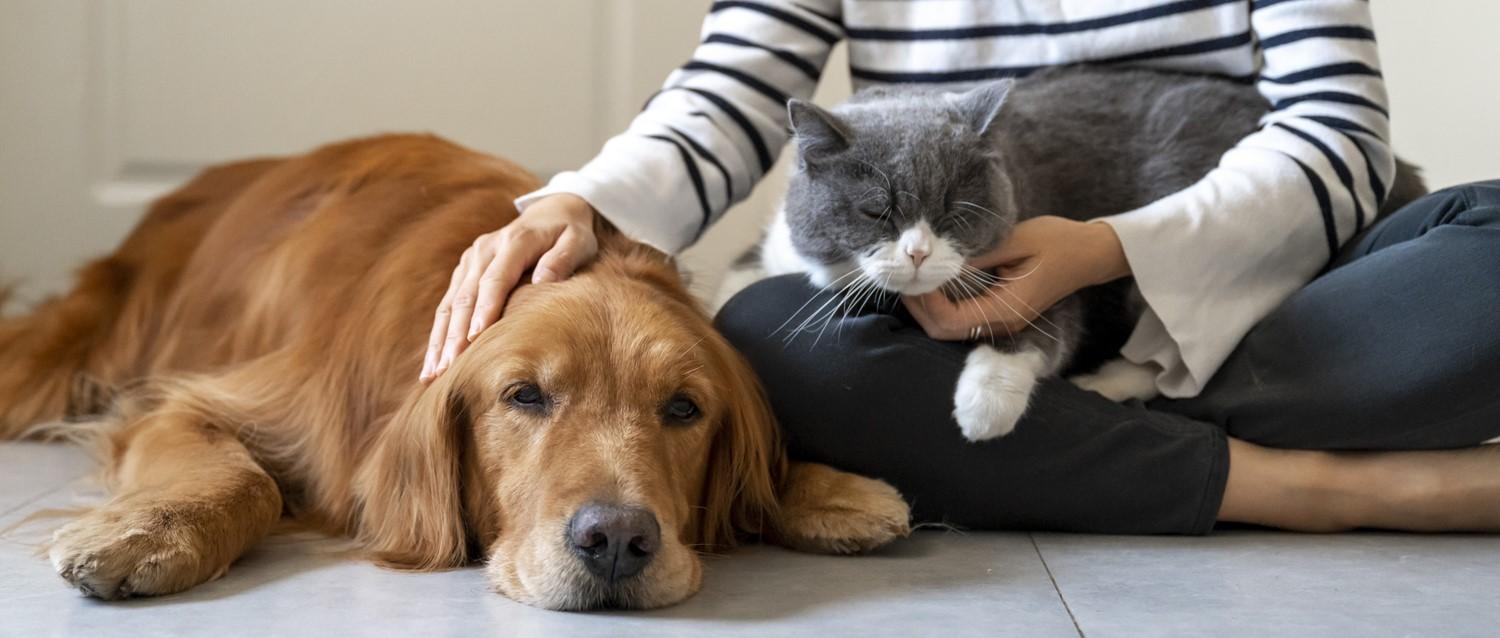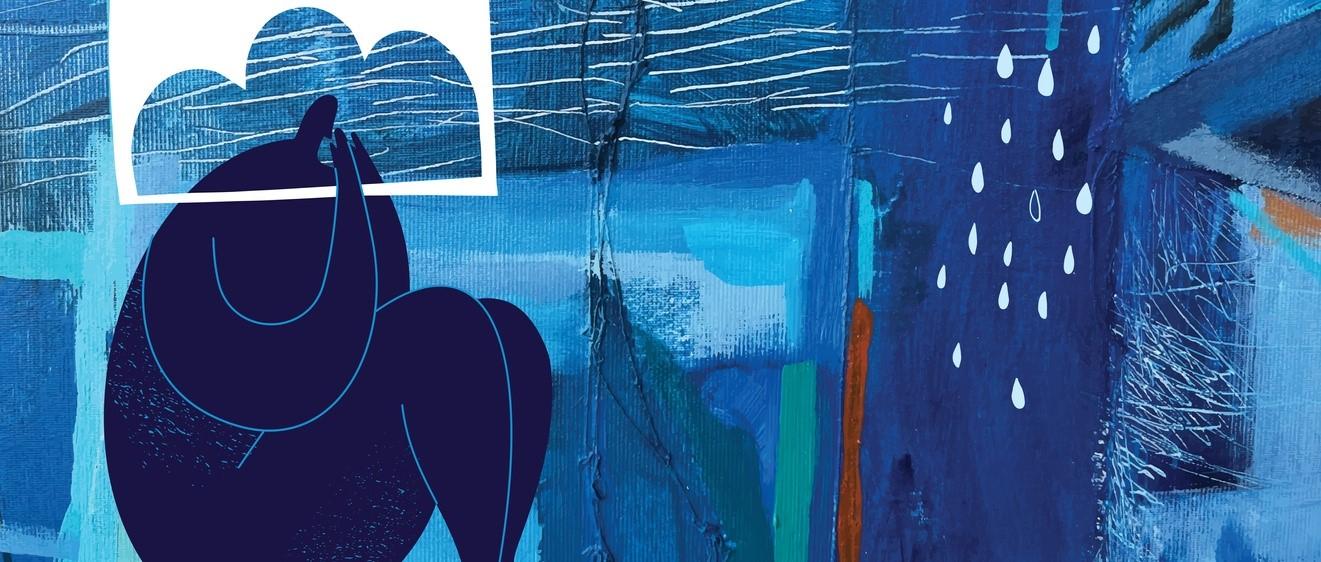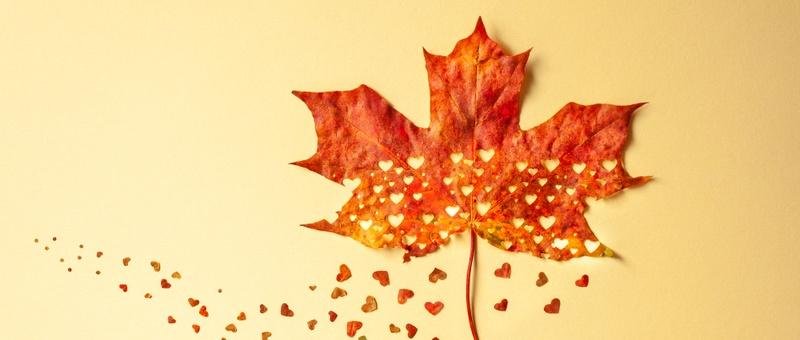
How to deal with the death of a pet
Peer reviewed by Dr Colin Tidy, MRCGPLast updated by Emily Jane BashforthLast updated 8 Aug 2022
Meets Patient’s editorial guidelines
- DownloadDownload
- Share
- Language
- Discussion
It is thought that around 17 million households in the UK have a pet, with dogs being the most popular in 12.5 million households alone. In a close second place is cats, who live in 12.2 million households. So, it's fair to say we’re a nation of animal lovers, meaning the grieving process after the death of a pet can be painful.
In this article:
Continue reading below
Why can the loss of a pet be so difficult?
Julie Wood is a therapist who specialises in pet grief and bereavement counselling. She explains that grieving the loss of a pet can present a number of challenges for owners, as pets often become part of the family and owners can share a strong emotional connection with them.
It can be difficult to articulate your pain after the loss of a pet, so those without animals might not understand why it's a big deal.
"If friends, relatives, or colleagues have never experienced the death of a pet, they may be sympathetic at first, but might expect the grieving pet parent to overcome their grief very quickly. Colleagues may be willing to cover a few shifts for the death of a human; they may not be so willing for the death of an animal,” says Wood.
A pet requires feeding, playtime, attention, grooming, health checks, and exercise; it's a major life commitment. So, it's understandable that a loss of a pet leaves a hole in someone’s life. This can be especially so if the story behind why you got your pet is sentimental, or perhaps you live alone and your pet was who you spent most of your time with. Going from having them around all day, every day, to suddenly not being there at all, can be a lot to contend with, particularly if their death was sudden.
Pet bereavement can also cause old feelings to resurface. For example, the loss of a pet might bring back unresolved grief of a parent, a miscarriage, or divorce.
Do we grieve for pets in the same way as humans?
"Some people feel the grief of a pet more intensely than they feel for a human," explains Wood, adding that this can lead to feelings of guilt and shame.
"There is an expectation that we should miss a human more than an animal. I have often asked my clients grappling with this guilt how often they saw their particular family member. Unless the relative lived with them, it is likely that they saw them a lot less than their pet, so of course they might miss their pet more."
She adds that owners can form unexplainable bonds with their pets, with their animal being there for comfort during times of distress.
"Clients have also told me that the pet loved them unconditionally and never judged them."
Continue reading below
Tips for dealing with the loss of a pet
Let yourself grieve
There might be an expectation to just "get back to it" once a pet dies, especially if people around you have little sympathy over the loss of a pet. However, it's important to allow yourself time to grieve.
"When a human dies, we celebrate their life and acknowledge their death with a funeral. This helps to start the mourning process so you can move through feelings of shock and denial. Sometimes we don't know what to do about an animal," explains Wood.
Therefore, you should take your time and try to not rush the healing process of dealing with grief even if you think you should be over it by now. Death may be a natural part of life, but that doesn't mean it's easy.
It might be a nice idea to hold a memorial service for your pet when you bury them or their ashes, or to gather with friends to discuss what you loved about them.
Talk about your feelings
It's easy to bottle up your feelings, especially when you think nobody else understands what you're going through. But you should talk to loved ones about how losing your pet has made you feel, not only to make sense of what has happened, but to help avoid mental distress later down the line.
Wood adds that, if you have children, you should encourage them to talk about their grief without making them feel silly. Often the loss of a pet is a child’s first experience with death.
How to support a grieving friend following the loss of a pet
If someone close to you has lost a pet, you might not know what to say, especially if you aren’t an animal lover yourself. But ultimately, you shouldn't invalidate how they feel, as a good friend is someone who treats others with kindness, even if they can't relate to their struggles.
You should acknowledge their grief and remind them that everything they are feeling is understandable and justified.
Other things you can do include:
Offer to go with your friend to collect any ashes or their pet's body.
Offer to babysit their children if the grieving pet parent needs time alone.
Continue to talk about their pet to keep their memory alive.
Ensure they know you are there and only ever a phone call away for a chat.
"Mistakes a friend can make include trying to reassure the grieving person by suggesting that it's only a dog, cat, etc. and that they can get another one. Pets aren't simply replaceable for everyone,” adds Wood.
While it's important to offer comfort, you should avoid talking too much about your own experiences. While you may think you are showing empathy, your experiences might not be alike, and your friend may just want a space to talk freely.
Additionally, it's important not to make assumptions. For example, don't assume that the pet owner wants to clear away the animal's belongings, such as food bowls and blankets. You can offer to help them when the time comes, but it's best to allow your friend to initiate this.
When it comes to religion, Wood adds that, if you are unsure of your friend's beliefs, you might want to avoid discussing what happens after death, unless they mention it.
"I have had atheist clients who have been very upset when other people tried to reassure them that they will meet their pet again in heaven or over the rainbow bridge," she says.
Continue reading below
How to remember your pet after they have died
It isn't convention for people to gather for a service when an animal dies, but that doesn't mean you can't organise something as a way of remembering them.
A ceremony doesn't have to be a traditional funeral, although some families do choose this. It might just be sharing your favourite photos of your pet and raising a toast to their life.
Wood adds that scattering ashes in a special place can be comforting too. However, you should bear in mind what will happen if you need to move house in the future and whether you would be at peace with leaving your pet in the home they knew.
"If this is something that is likely to happen, then planting a rose or a special plant in a large pot and scattering the ashes there will allow you to take them with you. Some of my clients have put their dog's collar around the pot when they have the plant pot in the house."
If you have children, it might be a nice idea to create an album together as you grieve. Younger children can draw pictures, older ones can write a poem or a story. You can fill it with photographs and memories. This is a good way of encouraging children to express their feelings and to remind them they aren't alone in their grief.
"Be aware that young children may be curious and seek to look inside the pet's urn. This is not being ghoulish - they are just trying to understand. If this is likely to upset anyone else in the household, put the ashes well out of reach," says Wood.
Jewellery or ornaments containing ashes, fur or feathers are becoming more popular. You can even get lasting impressions of your pet's paw print which you can either display or keep in a memory box.
Finding professional support after the loss of a pet
You might not know where to turn for professional support following the death of a pet, but there is a range of help out there.
Where to find support for pet grief:
You should remember that there is no time scale for grief, nor is there a right or wrong way to grieve.
"The number one emotion clients talk about when they come to see me is guilt. Should they have had more tests or operations before choosing euthanasia? Did they have too many procedures performed on their animal, only for them to pass away anyway? Should they have had better insurance? Perhaps they wished they had selected someone else to look after their pet if their little one escaped or had an accident? There is so much self-doubt sometimes. This can make grief worse," explains Wood.
"If the grief is impacting your everyday life, it may be time to seek professional help to prevent unresolved grief escalating into other issues."
Further reading:
Patient picks for Grief

Mental health
Grief: how to cope with the finality of death
If you've lost someone you care about, one of the hardest parts is accepting that death is final - and that they are really gone forever. Here we explore how grieving can help you cope with the finality of death, and when you might need a little extra support.
by Noella Pio Kivlehan

Mental health
Preparing for the loss of a loved one: how to cope with anticipatory grief
Although we don’t often talk about it in our daily lives, death is an inevitable part of living. For many of us, grief comes suddenly - when a loved one passes away, the shock and loss can feel overwhelming. But what happens when you know in advance that someone you love is dying? Accredited psychotherapist Laura Greenwood explains this experience is referred to as anticipatory grief. We spoke with Laura about how facing the loss of a loved one can affect you, and what can help you cope during such a difficult time.
by Victoria Raw
Article history
The information on this page is peer reviewed by qualified clinicians.
8 Aug 2022 | Latest version

Ask, share, connect.
Browse discussions, ask questions, and share experiences across hundreds of health topics.

Feeling unwell?
Assess your symptoms online for free
Sign up to the Patient newsletter
Your weekly dose of clear, trustworthy health advice - written to help you feel informed, confident and in control.
By subscribing you accept our Privacy Policy. You can unsubscribe at any time. We never sell your data.